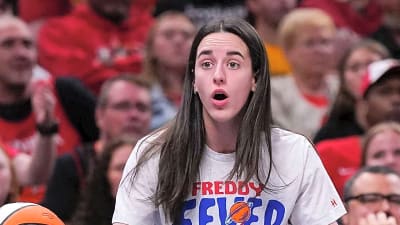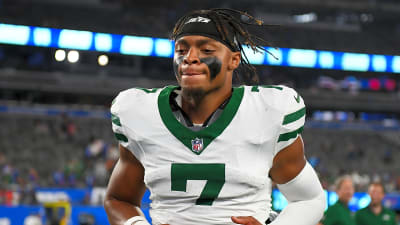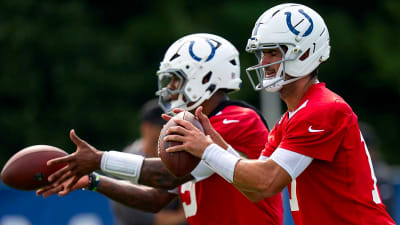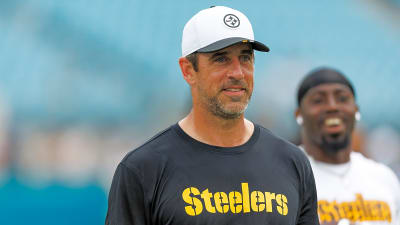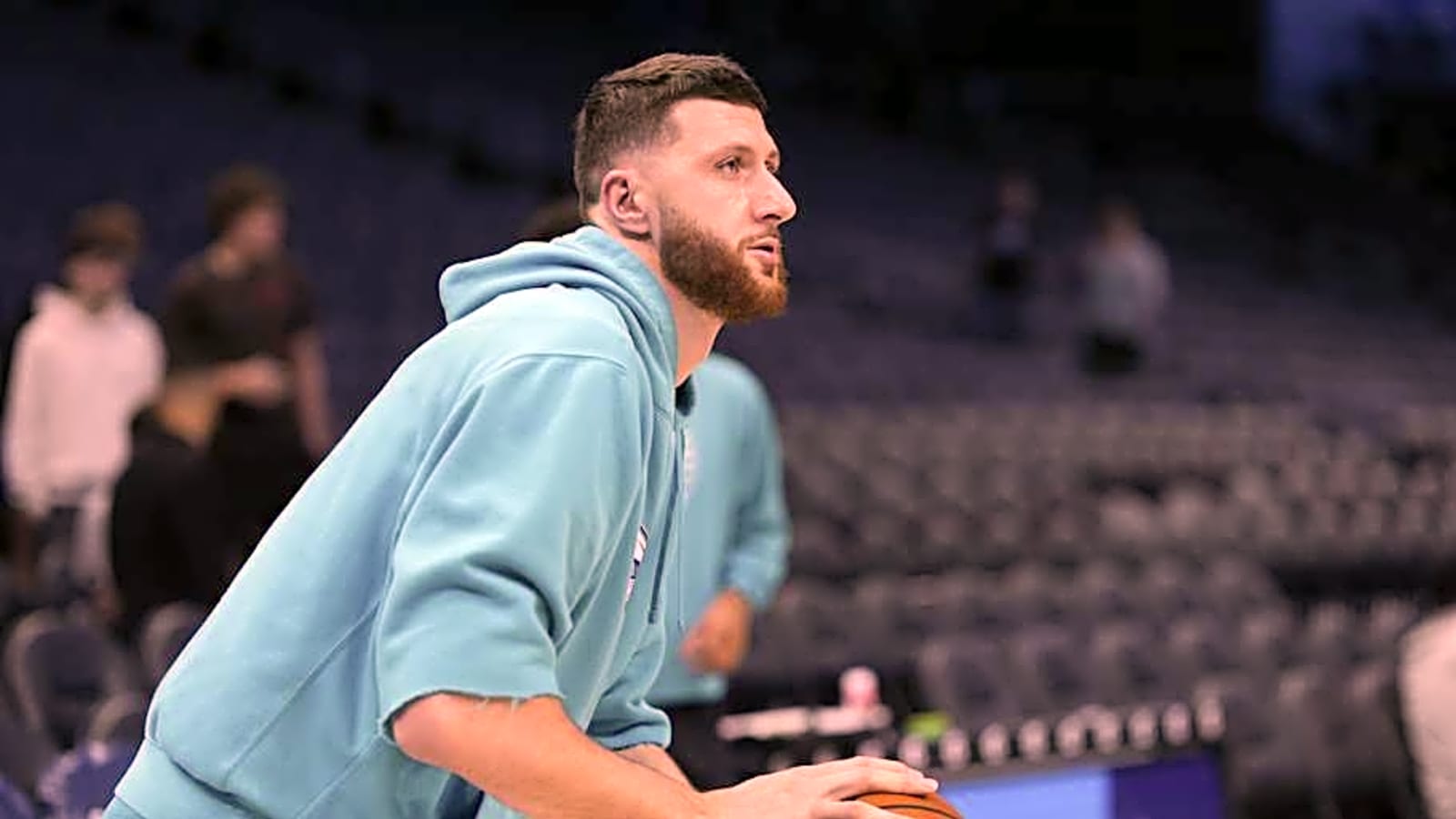
The Utah Jazz made a couple of interesting trades across the 2025 offseason that shook up the outlook of this roster heading into the next regular season.
But among those moves, their decision to ship Collin Sexton to the Charlotte Hornets drew some of the more notable attention across the league, and more importantly, questions as to why the Jazz would ever pull the trigger on it.
Not for the reason of trading Sexton; that was a pretty expected move from the Jazz front office this summer. It was what Utah landed in return for their veteran guard from the Hornets in Jusuf Nurkic, which even saw the Jazz forfeiting one of their own second-round picks in the process.
The Jazz's move even found itself among the predicted top five worst moves of this offseason in the eyes of Bleacher Report's Greg Swartz, with the idea of buying out Sexton even getting looks as being a better concept than their trade to land Nurkic.
"Congratulations to the Utah Jazz for swinging one of the most baffling trades in recent memory," Swartz wrote. "By flipping Collin Sexton for Jusuf Nurkić, they gave up the better player, on the cheaper contract, while also including a 2030 second-round pick, which will be the more favorable of the Clippers' or their own. This move is mostly justified as Utah clearing court time and touches for rookies Ace Bailey and Walter Clayton Jr. Sure. It's not like buying out Jordan Clarkson helped that process or anything. And even if this is the motive, why are the Jazz surrendering the pick here?"
"Keeping Sexton as an expiring contract to move at the deadline would have made more sense. Heck, buying him out and taking the roster spot would've made more sense," Swartz wrote. "Somehow, someway, this decision is aging even worse than expected after Bosnia's coach called out Nurkić in advance of Eurobasket 2025 because he's "out of shape and can barely run."
"The only way Utah comes out of this ahead, or looking remotely sensible, is if the big man eventually gives back more money than Sexton would have in a buyout—or if, for some reason, this was the cost of convincing the Charlotte Hornets not to draft Bailey."
A rough and brutally honest assessment of the Jazz's decision-making process, but it doesn't come without strong reasoning.
The Jazz had their goals and motivations for this offseason clearly outlined heading into the year. Maximizing the young talent on board was at the forefront, which meant shipping out the expiring veteran contracts in front of them to free up those aspired minutes and opportunities in the rotation. omes
Utah certainly did that, but when it comes to their return for Sexton, it makes you ponder whether the decision to do so was even worth the effort, especially when forfeiting a future second in the process.
Is the Sexton trade really that bad for the Jazz?
Thankfully for the Jazz, the implications of the Sexton move don't stretch that deep. Nurkic or Sexton would both be on expiring contracts in Utah, and neither is at the forefront of their main priorities this year, next to the young talent aboard. If anything, Nurkic can now be less of a priority to place in the rotation than Sexton was in Utah, making those rotation decisions easier for Will Hardy, who had to deal with his fair share of tanking and lineup changes down the second half of last season.
Utah also managed to quickly recoup the second-round capital lost in the form of their trade with the Boston Celtics to land Georges Niang and two future seconds, making the blow of losing a second in the Nurkic deal pretty negligible.
All in all, it's still not the most appealing deal on paper for the Jazz, but nothing that'll sink the ship for this upcoming season.
More Utah Jazz Content
- Utah Jazz's Lauri Markkanen Poised for Bounce Back Season
- NBA Trade Idea Sends Jazz's Lauri Markkanen to Pistons
- Utah Jazz's Will Hardy Had Two-Word Reaction to Tanking Question
- Utah Jazz Icon John Stockton Names Surprising Favorite Place to Play
- Utah Jazz's Will Hardy Lays Out Ace Bailey Rookie Blueprint
More must-reads:
- Draymond Green fires back at Alperen Sengun's comments
- Former Heat employee pleads guilty in stolen memorabilia case
- The 'Active 20-home run MLB seasons' quiz
Breaking News
Trending News
Customize Your Newsletter
 +
+
Get the latest news and rumors, customized to your favorite sports and teams. Emailed daily. Always free!
